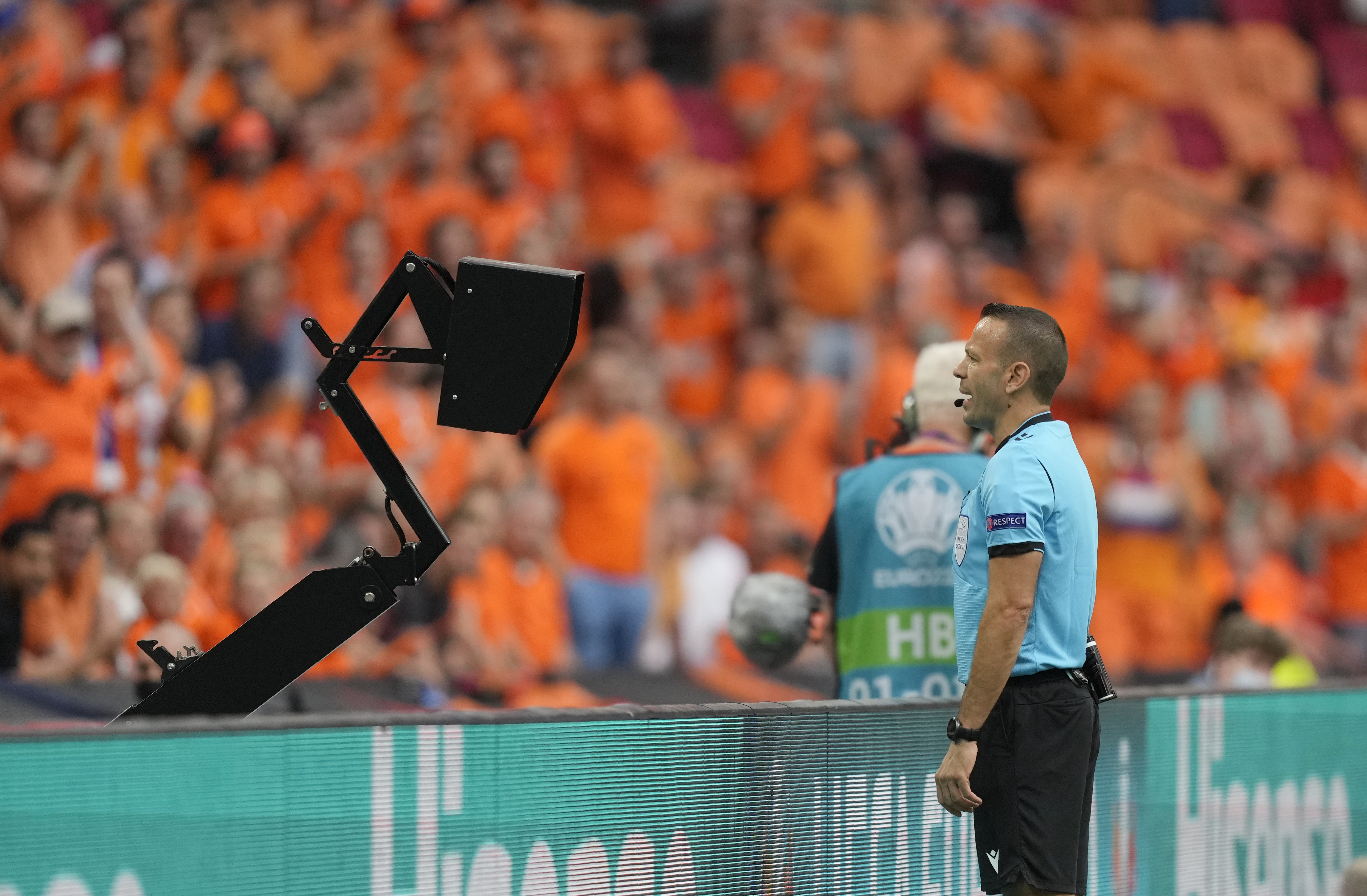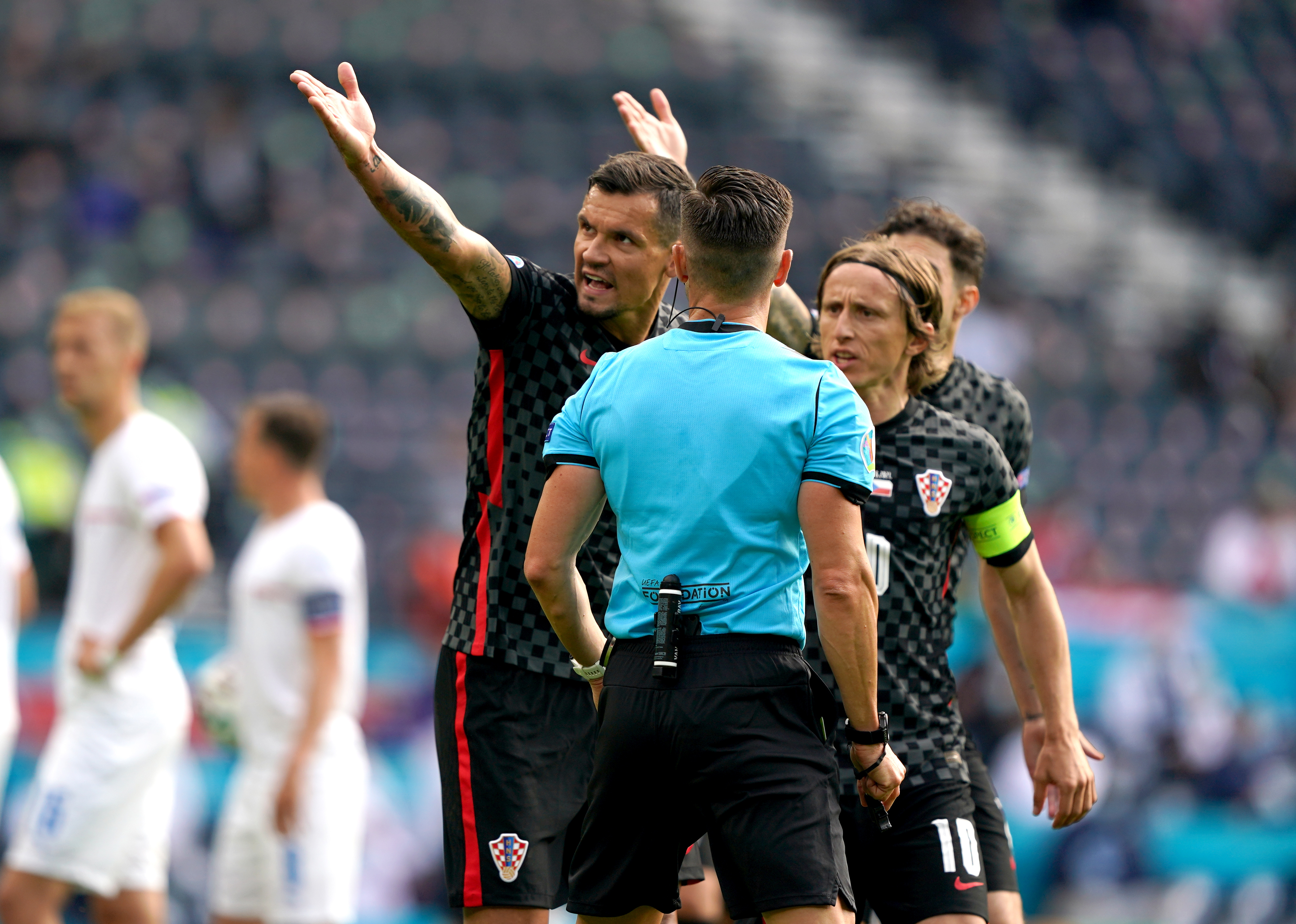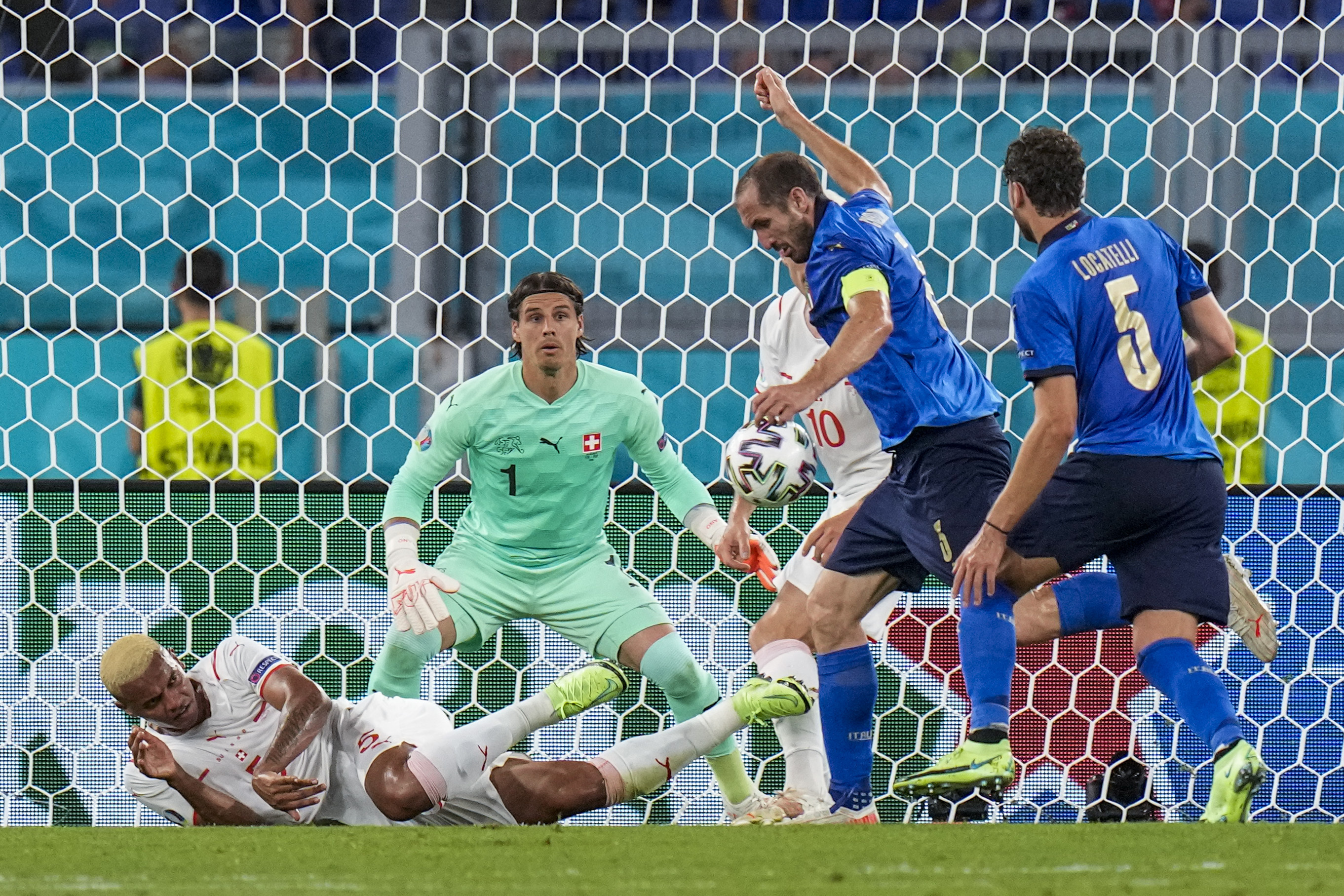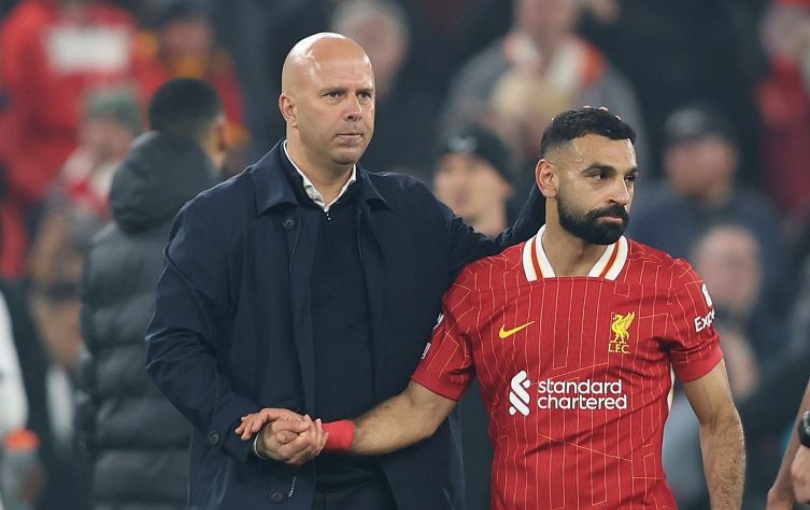Euro 2020 shows VAR is working, claims UEFA refereeing chief

UEFA’s refereeing chief believes the doubling of penalty awards at Euro 2020 compared to the 2016 finals shows VAR is working.
But Roberto Rosetti also warned the fabric of football was in danger if officials began penalising minor infringements.
Fourteen spot-kicks were given in the 36 group games, compared to seven at the same stage of Euro 2016.

Rosetti, the tournament’s chief refereeing officer, felt each one had been the correct call, but said the original principles of VAR – minimum intervention for maximum benefit – must never be forgotten.
“We know that this is an important project and it’s impossible to come back. There is more accuracy for sure,” he said.
“Before the VAR project there were many, many fouls in the penalty area missed by the referees. Now, it’s impossible to miss these fouls.
“We know very well the strength but also the limits of the project. VAR is a Formula One project, and for this Formula One project we need top, expert pilots. We need to find the correct balance in the line of intervention, because our target is to keep football like it is.
Get FourFourTwo Newsletter
The best features, fun and footballing quizzes, straight to your inbox every week.
“It’s not acceptable to study all the minor pushing or pulling, or minor contacts and marginal contacts independently. The laws of the game are clear. We want the minimum interference for the maximum benefit and we want to intervene (only) for clear and obvious mistakes.”
Rosetti highlighted penalties which had been awarded after a VAR check for a step on the foot of the opponent – David Alaba on Denzel Dumfries in the Holland v Austria match and Jakub Moder on Gerard Moreno in the Spain v Poland game.

He pointed out that the VAR did not intervene when England forward Raheem Sterling went down under a challenge from Scotland’s Andrew Robertson at Wembley last Friday because there had only been “marginal contact”.
Asked why no penalty was awarded for a late challenge by Bruno Fernandes on Kingsley Coman when France faced Portugal on Wednesday, Rosetti said: “We don’t like soft penalties.”
The standard of refereeing at the tournament so far has been widely praised.
Rosetti said there had been 12 VAR corrections – seven of them direct and five via on-field review. In all, 179 incidents were checked and in 91.6 per cent of cases the decision on the pitch was correct.

Half of those corrections were offside calls. He said there had been 21 tight offside incidents, six reviewed by VAR and no wrong decisions.
He also felt the updated handball law had been well observed at the tournament, stating that fouls had only been called when the player was making his body unnaturally bigger or, in the case of Italy defender Giorgio Chiellini, when his accidental handball immediately preceded him scoring a goal.
Rosetti praised the attitude and behaviour of the players, with 105 fewer fouls in the group stage of Euro 2020 compared to Euro 2016 – 806 instead of 911.
There were 31 fewer yellow cards – 98 compared to 129 – and the same number of red cards – two.
